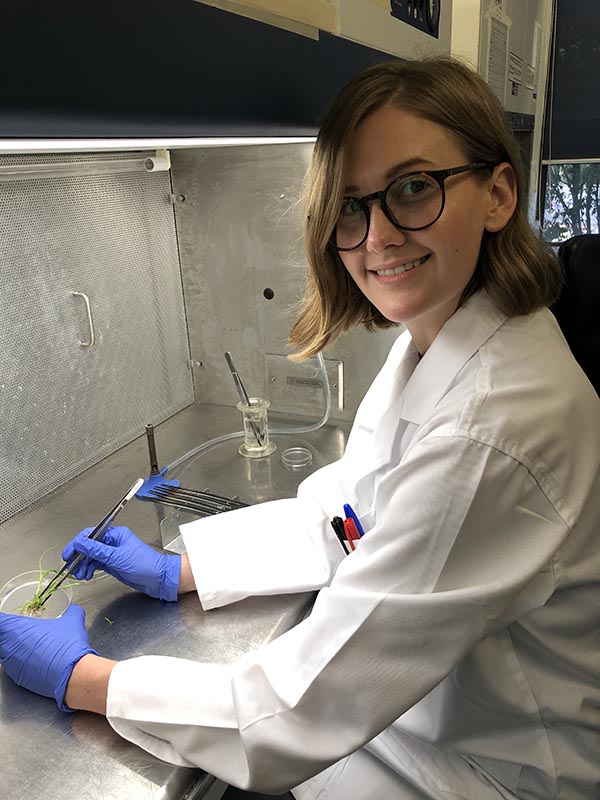
CRISPR-Cas9 Could Provide the Much-needed Help on Food Security against Climate Change
March 3, 2021| |
Researchers from The University of Queensland have published a review on gene editing technologies that could safeguard food security by improving our farming systems under extreme conditions brought about by climate change.
Dr. Karen Massel, the lead researcher of the study, encouraged the use of CRISPR-Cas9 paired with transgenics to improve the development of cereal crops such as rice, wheat, corn, barley, and sorghum. With 15 crop plants, these energy-rich cereal crops provide 90% of the world's food calories.
"Farmers have been manipulating the DNA of plants using conventional breeding technologies for millennia, and now with new gene-editing technologies, we can do this with unprecedented safety, precision, and speed," said Dr. Massel.
Another important highlight of the study of Dr. Massel is the comparison of genome sequences of wild variants and ancestors of cereals under extreme and different kinds of stresses. The study demonstrated how genome editing tools can be implemented into breeding programs for crop improvement of cereal crops to fight serious threats on agricultural production against the changing climate in the years to come.
For more details, read the article in UQ News.
| |
You might also like:
- Scientists Use CRISPR to Develop Apples Resistant to Fire Blight
- John Innes Centre Applies for GM Wheat, CRISPR Brassica Field Trials
- Rain-resistant Wheat Developed Using Genome Editing
Biotech Updates is a weekly newsletter of ISAAA, a not-for-profit organization. It is distributed for free to over 22,000 subscribers worldwide to inform them about the key developments in biosciences, especially in biotechnology. Your support will help us in our mission to feed the world with knowledge. You can help by donating as little as $10.
-
See more articles:
-
News from Around the World
- FAO DG Outlines "Four Betters" as Strategy to Transform Agri-food Systems
- ISAAA Report Summary Now Available in Indonesian, Chinese, Thai, and Vietnamese
- Science-based Ag-biotech Curriculum Developed for Middle, High School Students in the US
- Wheat's 'Second Genome' Could Help in the Plant's Survival against Environmental Stress
- Study Reveals Plant Clock Key to Producing More Food for the World
- Asian Biotechnology Information Centers Pledge to Advance Biosciences
- Researchers Identify Mechanism that Protects Plant Fertility from Stress
-
Research Highlights
- NtCIPK11 Confers Salt and Drought Tolerance in Arabidopsis
-
Plant
- CRISPR-Cas9 Could Provide the Much-needed Help on Food Security against Climate Change
- UK Scientists Develop Genome-edited Wheat to Reduce Cancer Risk from Bread
- Researchers Invent New Gene Editing Tool
-
Health
- Survey Shows People with Low Scientific Reasoning Tend to Believe Conspiracy Theories on COVID-19
-
Read the latest: - Biotech Updates (January 21, 2026)
- Gene Editing Supplement (January 28, 2026)
- Gene Drive Supplement (February 22, 2023)
-
Subscribe to BU: - Share
- Tweet

